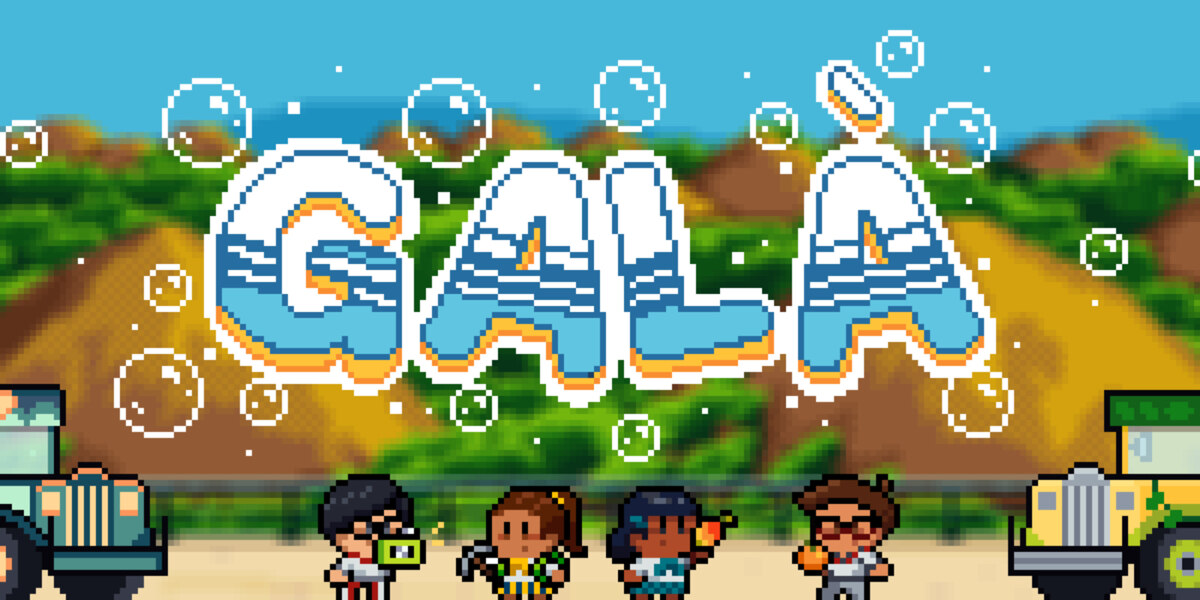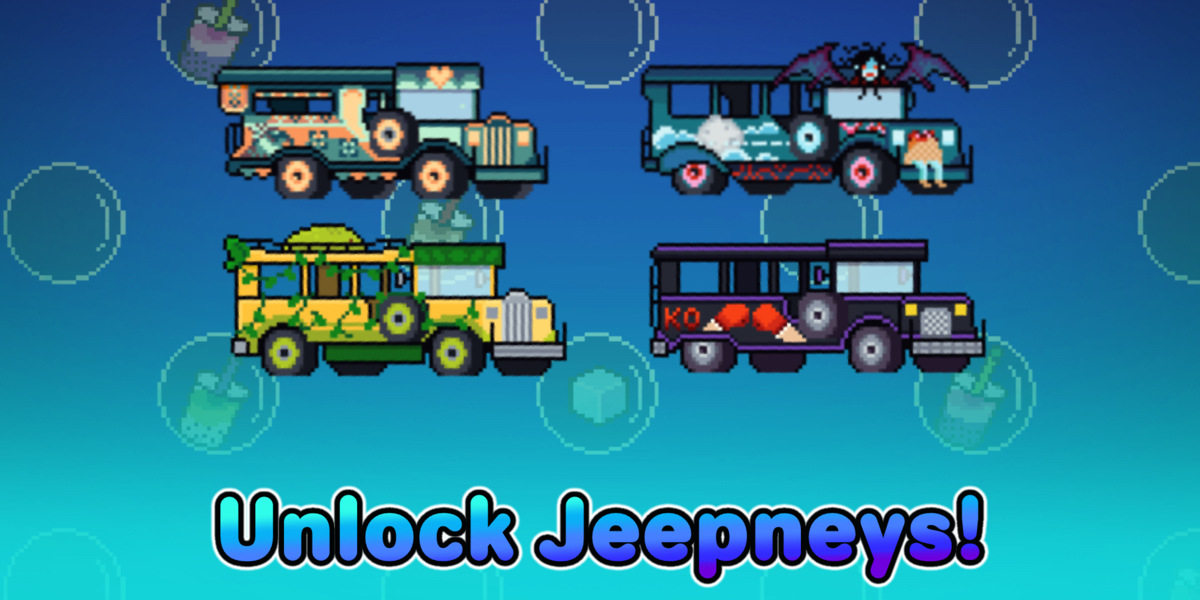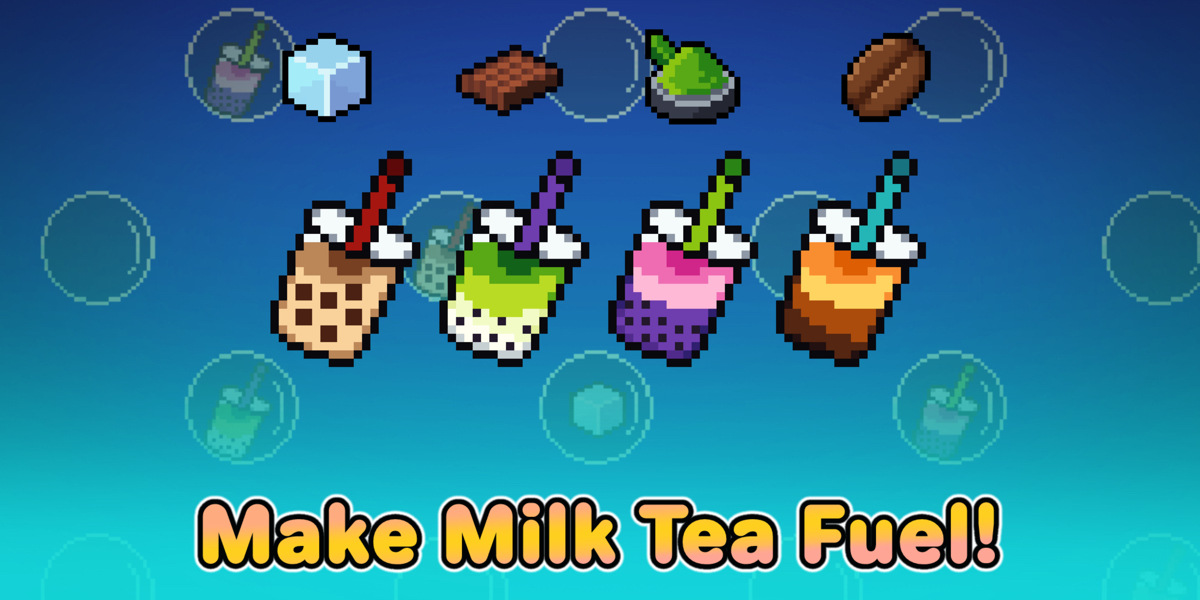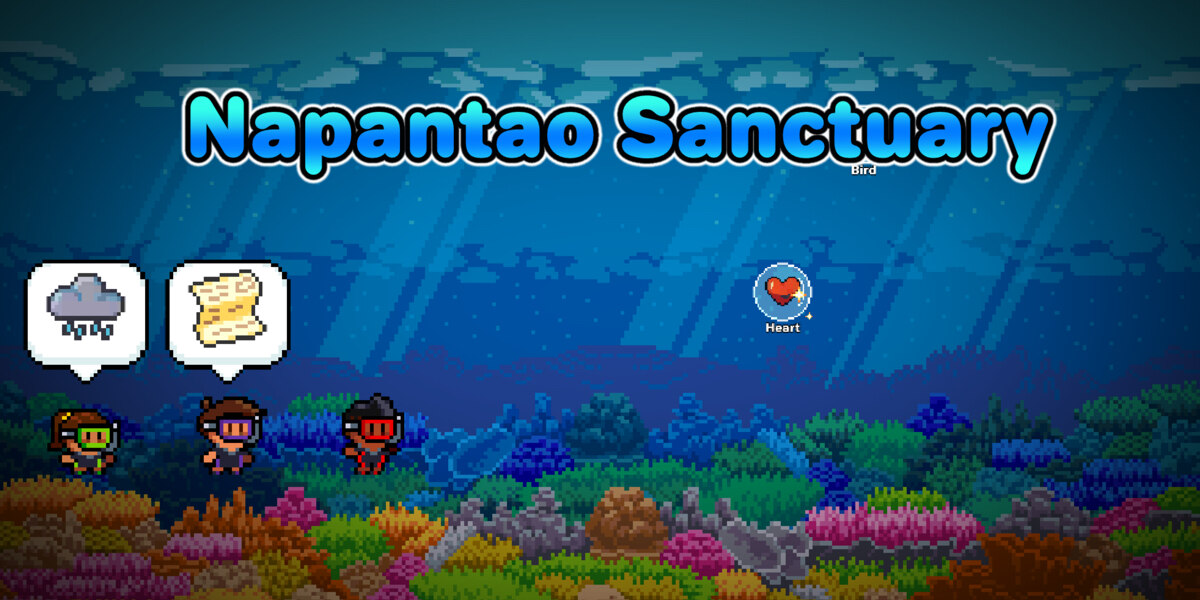It’s a day before your school field trip. You’re at the mall with your mom, shopping for baon and a couple of tablets of Bonamine—because let’s be real, vomiting on your seatmate isn’t a core memory you’d want to have. You already have a clear plan for what you’re going to do as soon as you reach home: arrange the things you need for the next day, take a shower, and sleep early (but not before tossing and turning in bed, imagining scenarios of what could happen during the trip).
And then the day finally comes. You wake up at an absurdly early hour to make sure you wouldn’t run late. As you board the bus with your friends, there’s a buzz of excitement in the air. You can feel the anticipation building as you leave the school grounds (before the sun even rises) and head to your first itinerary. Snacks get passed around while the tour guide spits interesting facts and trivia.
But the real fun begins once you finally reach your destination. You get to meet new people, experience new things, and take a break from the monotony of sitting in a traditional classroom. It also offers an opportunity to learn in a more fun and interactive way.
While this particular scenario can bring so many good (and embarrassing) memories for those who are already past their high school era, many students—especially over the years we were in a pandemic—weren’t able to experience the thrill of it all.
Cue Galà, a field trip-inspired free-to-play mobile game that simulates the excitement of exploring new places in a virtual setting. It aims to expose players to the rich culture and history of the Philippines through its engaging gameplay and striking graphics.
“Galà used to have a very fast timer and short mini-games, pretty similar to Dumb Ways to Die. You could only play the game two sessions at a time and wait until [it] re-energizes,” Audrey Stinson, the mastermind behind the game and the founder of indie game development company Kendikorp, tells Scout. “However, I decided to make Galà low-stress and [more] self-paced—so I adjusted the speed, removed the mini-games, and removed the play limit.”
In a nutshell, Galà has four main aspects: explore, unlock, buy, and customize. You go on a field trip via a jeepney—and upon reaching a cultural landmark, you combine ideas to discover Filipino treasures. You can view the encyclopedia (which records the treasures and regions you have discovered) after every trip. You can also see what jeepney designs you’ve unlocked, if any, and customize them as you progress through the game.
What’s particularly intriguing about the gameplay, though, is its main mode of transportation: a jeepney fueled by milk tea. When asked about how the milk tea aspect came into play, Audrey shares that she needed to give the game a limitation to sustain its “short gameplay experience” premise: “I needed to think of it in terms of the game’s context. Why would Galà need to re-energize every now and then? I eventually landed on fuel and brainstormed on ‘interesting’ gasoline alternatives. Milk tea is popular with Filipino students and it’s [alternatively] called ‘bubble tea’ wherein ‘bubble’ is very in tune with Galà’s aesthetic.”
Audrey also shares how she came up with the idea of using pixel art as the main visual theme of the game. “Pixel art is flashy and cute. I think having pixel art as the art style (or medium) makes a game stand out in a mountain of mobile games. I’m also just better at pixel art than other options, so [it’s] more in my comfort zone,” she explains. “I’d also like to mention, I didn’t do most of Galà’s art. I launched a collaboration with 20 Filipino pixel artists and they did an incredible job.”
While anyone can enjoy Galà, the young game developer reveals that she developed the game with Filipino students aged 10 to 20 years old in mind. It was originally going to be a PC game—since she has more experience with that platform—but later realized that it must be more accessible for young casual gamers. “Galà is designed mostly for young audiences since I believe that’s where a rediscovery of Filipino culture should be more emphasized.”
Overall, this local indie game isn’t just for entertainment. It also provides an immersive and engaging platform to promote cultural awareness and appreciation, especially among younger generations who may not have had the chance to travel across different parts of the country.
With Galà, players can learn about the diverse culture and traditions that make up the Philippines, fostering a deeper sense of pride and connection to our heritage. And while it may not replace the excitement of an IRL field trip, it offers a fun and engaging alternative for those who want to explore new places from the comfort of their own homes.
P.S. If you’re an aspiring game developer who wants to enter the industry but doesn’t know how, Audrey recommends starting in a way you’re most comfortable: “All [you] need to remember is to make a game that people will enjoy. Start it as a hobby or as a dream career, do it however you want. It sounds cheesy, but realistically speaking, there are many opportunities for game development coming up anywhere in the world. To anyone looking for [more elaborate] advice, there’s YouTube, GDC (Game Developers Conference), and itch.io.”
As of now, Galà is only available for Android users via Google Play—but Kendikorp is currently working on an IOS release.
Read more:
Putahe ng Ina Mo’s gameplay is all about cooking sinigang
Fur parents can help stray animals by playing this game
Photos courtesy of Audrey Stinson















































